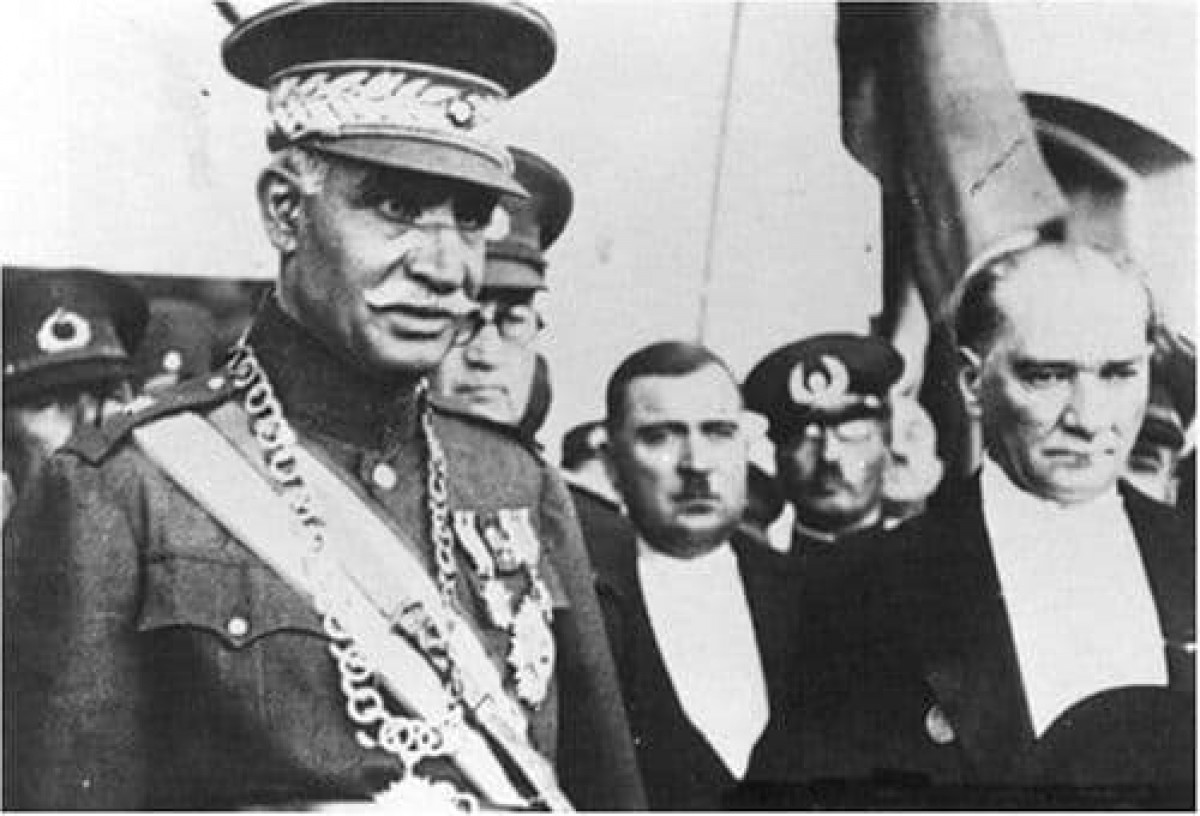 1044
1044
The Second Nagorno-Karabakh War, which erupted in 2020, underscored the critical nature of Qarasu, an 800-kilometre-long narrow corridor connecting Turkey to the Nakhchivan Autonomous Republic. Since Reza Shah Pahlavi, Iran’s despotic ruler ceded Qarasu to Mustafa Kemal Atatürk in the 1930s, Qarasu served as a staging point for Turkey’s malicious interference in the southern Caucasus.
The 1828 Treaty of Turkmenchay designated the Aras River as the principal foundation for defining the border between Iran and Tsarist Russia. However, at the time of that infamous treaty, the Russians illegitimately occupied the snow-capped Ararat Mountain and the Igdir region, despite the fact that the Aras River did not flow through this region.
In fact, after the Turkmenchay Treaty, a border protocol was established and boundary signs were erected. When placing the boundary markers, the fearful Iranian border officials did not venture beyond the Boralan checkpoint. As a result of the Iranian authorities’ incompetence, the Russians swiftly seized a large part of the Qarasu area between Araliq and the confluence of the Qarasu and Aras rivers. Hence, the Russians unlawfully occupied the Qarasu region from1828 until the collapse of the Tsarist Russian Empire in October 1917.
Even though Qarasu was still technically part of Iran, the Soviets signed the Treaty of Kars with the Turks on September 13, 1921, handing over a significant portion of Qarasu to Turkey.
The Iranian central government was provided with a detailed study by Iqbal al-Saltanah, a local Iranian wealthy official, on Persia’s historical sovereignty over Qarasu and the presence of Iranian tribes.
“This is my hometown and home, and I have no intention to give it over to the Russians. I consider these regions to be an integral part of Iran, “Iqbal al-Saltanah was quoted as saying in one of his reports to Tehran. Reza Khan, on the other hand, rejected Iqbal al-Saltanah Makui because he coveted Iqbal’s great fortunes. Iqbal al-Saltanah died mysteriously shortly after. Hassan Jalilwand, a non-local, was appointed governor by Reza Khan, notwithstanding his incapacity to administer Mako, a highly strategic region.
When Turkish forces battled Kurdish insurgents in Ararat Mountain, Reza Shah made the mistake of allowing the Turks access to Iranian territory in the region. The Turkish Army invaded Iranian territory on Mount Ararat without permission or justification after a while. Even after the Kurdish rebel crisis was settled, Turkey refused to evacuate Ararat.
Despite the counsel, and warnings of several high-ranking Iranian officials, the eastern slope of Lesser Ararat was removed from Iranian sovereignty and given up to the Turks, as Reza Shah naïvely thought that such a gesture would win Turkish friendship.
In this way, Turkey received Lesser Ararat in return for relinquishing its claims to the Kurdish-populated Qutur region, which Iran had already been awarded by the 1913 Convention.
Thus, the treacherous Shah granted Turkey a crucial swath of land—a 3.5-kilometre opening and an odd appendage along the Aras River—resulting in a long-term geopolitical shift in the Caucasus that allows Turkey today to access Nakhchivan without facing Iranian restrictions.
Comment
Post a comment for this article